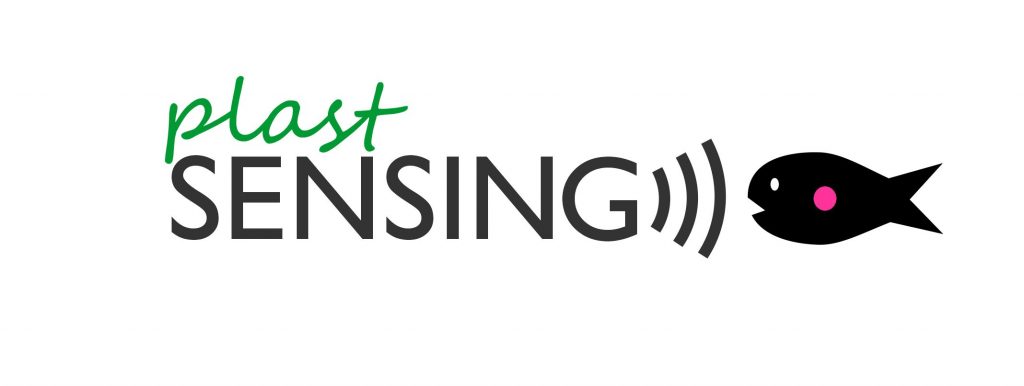
PLASTSensing is a collaborative project with researchers from the Central European Institute of Technology (research group CTLAB and LIBSlab, CEITEC, Czech Republic), the Research Centre for Toxic Compounds in the Environment (RECETOX, Czech Republic) and the Vienna University of Technology (TU Wien, Austria) in the framework of WEAVE initiative.
The main objective of the project is to bridge the gap between technical and biological sciences and to implement novel methodologies in conventional microplastic research. More specifically, the aim is to implement state-of-the-art techniques that will allow a complete characterization (spatially resolved visualization and identification of their composition) of environmentally relevant microplastics, namely, laser-based spectroscopy (elemental and chemical imaging) and X-ray computed tomography (structure visualization). In this project, the novel methodology will be used to characterize changes in the properties of microplastics due to environmental aging and to monitor aged microplastics in an aquatic organism, as well as to estimate potential tissue-level changes due to the presence of microplastics. The knowledge gained is of greatest interest to environmental scientists and biologists and has significant implications for further applications such as the investigation of human tissue, opening a new horizon for the study and understanding of the distribution and effects of microplastics in humans.
Duration of the project: 1.5.2023 – 30.4.2026
